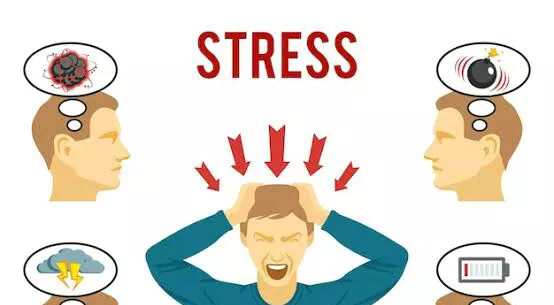How to control our mental stress
Stress is a normal part of life, but excessive stress can have negative effects on our mental and physical health. Here are some tips for managing stress:
Recognize the signs of stress. Common symptoms of stress include feeling overwhelmed, anxious, irritable, and having difficulty sleeping.
Identify the sources of stress in your life. Common sources of stress include work, relationships, financial problems, and health issues.
Develop a stress management plan. This can include exercise, yoga or meditation, deep breathing exercises, and journaling.
Seek support from friends and family. Talking to someone about your stress can help you to gain a different perspective on the situation and can also provide a sense of comfort and validation.
Practice self-care. Self-care activities such as eating well, getting enough sleep, and taking breaks from technology can help to reduce stress.
Be mindful. Practice mindfulness by being present in the moment and paying attention to your thoughts, feelings and surroundings.
Learn to relax. Relaxation techniques such as progressive muscle relaxation, visualization, and aromatherapy can help to reduce stress.
Get professional help if...
Recognize the signs of stress. Common symptoms of stress include feeling overwhelmed, anxious, irritable, and having difficulty sleeping.
Identify the sources of stress in your life. Common sources of stress include work, relationships, financial problems, and health issues.
Develop a stress management plan. This can include exercise, yoga or meditation, deep breathing exercises, and journaling.
Seek support from friends and family. Talking to someone about your stress can help you to gain a different perspective on the situation and can also provide a sense of comfort and validation.
Practice self-care. Self-care activities such as eating well, getting enough sleep, and taking breaks from technology can help to reduce stress.
Be mindful. Practice mindfulness by being present in the moment and paying attention to your thoughts, feelings and surroundings.
Learn to relax. Relaxation techniques such as progressive muscle relaxation, visualization, and aromatherapy can help to reduce stress.
Get professional help if...




